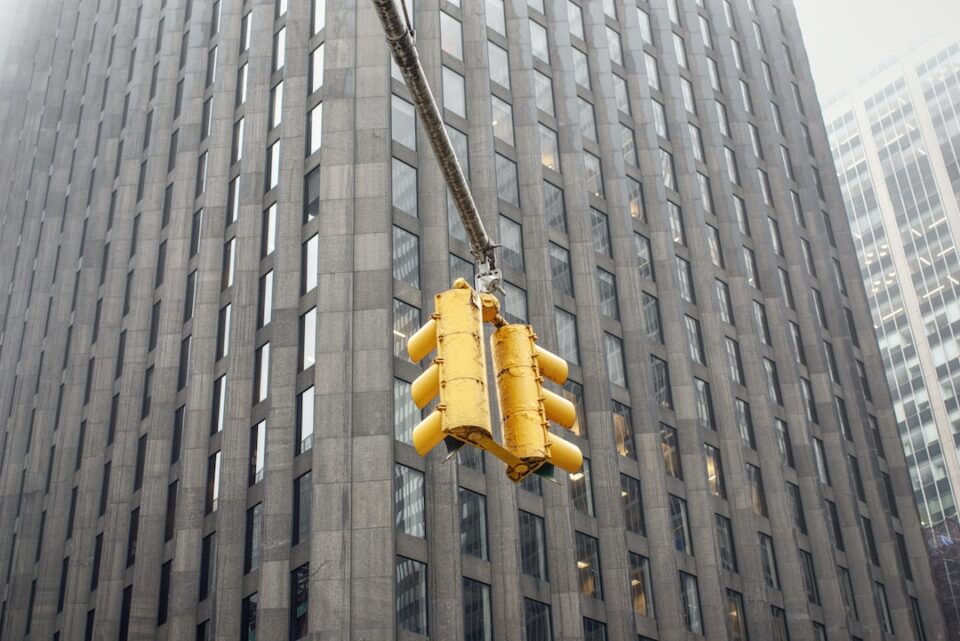In recent years, the debate between film and digital photography has become increasingly popular. Both have their advantages and drawbacks, and it ultimately comes down to a personal preference. However, there are certain factors that can help one decide which is better for their photography needs.
Film photography has been around for over a century, and there is a certain charm to it. Film cameras are often seen as vintage or classic and can produce unique, artistic results that digital cameras simply cannot replicate. The process of shooting with film also forces you to slow down and think more intentionally about each shot, as opposed to taking numerous shots with a digital camera and choosing the best one later on.
On the other hand, digital photography has revolutionized the industry, making it more accessible and affordable for many. Digital cameras tend to be more versatile and offer a wider range of options for exposure, white balance, and other settings, making it easier to capture the perfect shot. They also allow for instant feedback and the ability to edit photos on the spot, saving time and money on film developing.
One of the biggest differences between film and digital photography is the quality of the image. Film can produce richer, more complex colors and tones that can be difficult to capture with digital cameras. Whereas, digital cameras produce visibly sharp images with a very low amount of noise.
Film photographers also enjoy the ability to manipulate the film during the development process, adding character and personality to the final image. However, this can be a double-edged sword as it can be difficult to achieve consistent results, and minor changes in development can have a major impact on the end result.
In terms of cost, digital photography may be the better option for those on a budget. While the initial cost of a digital camera may be higher, the cost of film and developing can add up quickly, making it more expensive in the long run. Digital cameras also tend to last longer and require less maintenance than film cameras.
When it comes to printing and displaying photographs, the resolution of the image is important. Digital cameras produce images that are high enough in resolution for most personal needs, such as printing small or medium-sized prints or sharing on social media platforms. However, film cameras produce digital scans that can be used to produce large prints with more detail and depth.
In conclusion, the choice between film and digital photography is a subjective one that depends on personal preference, budget, and the desired outcome. Both have their pros and cons, and there is no right or wrong answer. It ultimately comes down to the individual’s artistic vision and the equipment that best supports that vision.


